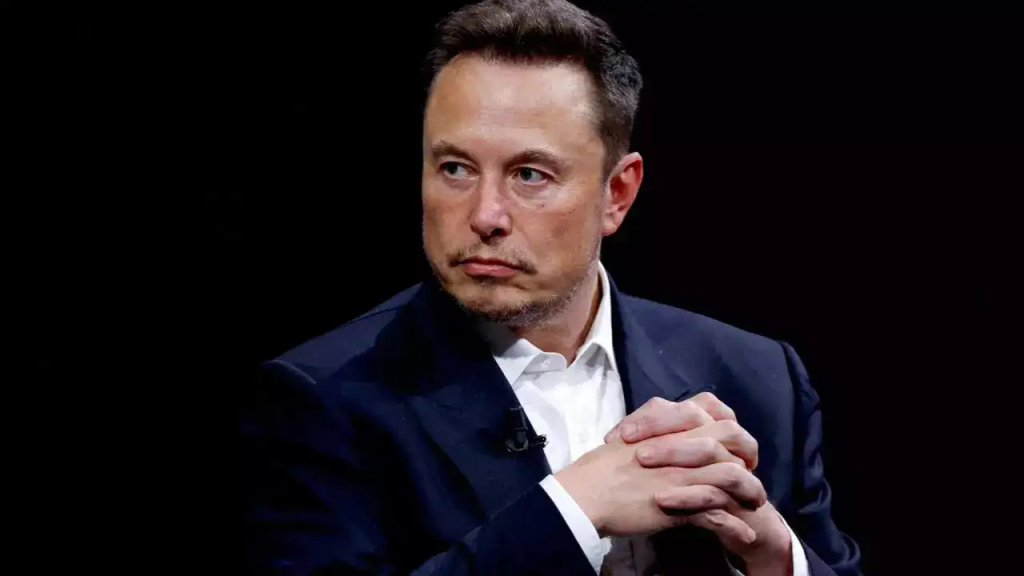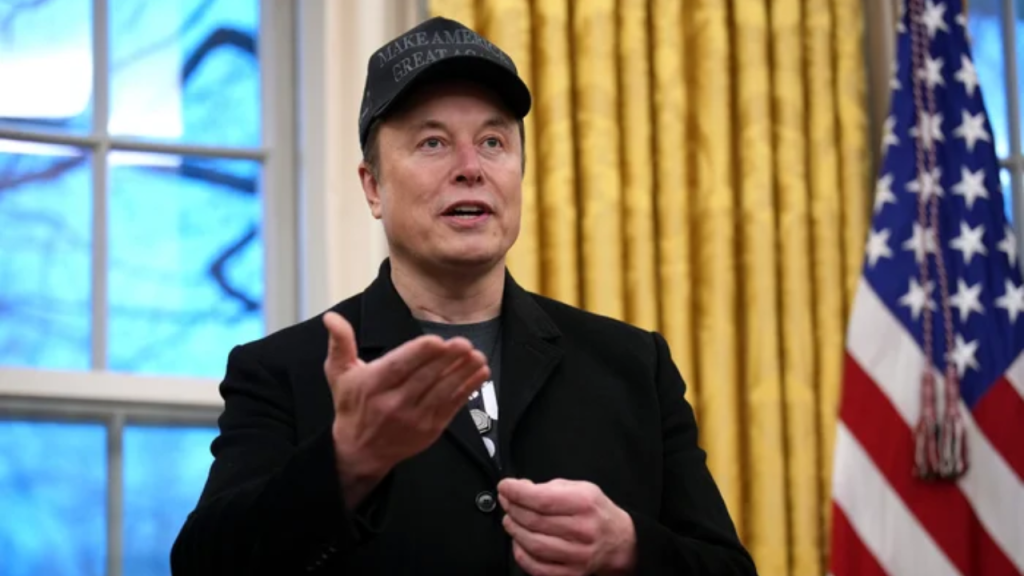
After just 130 days at the helm of the Department of Government Efficiency (DOGE), Elon Musk has stepped down from his advisory role in the Trump administration, bringing an abrupt end to a controversial tenure defined by deep federal budget cuts. While Musk’s mission was to streamline spending and eliminate government “waste,” the ripple effects have been strongly felt—especially in the Tri-State area comprising Ohio, Kentucky, and Indiana.
The DOGE initiative, launched as part of President Trump’s aggressive government reform plan, had ambitious goals from the start. Musk claimed the agency would save $2 trillion through drastic cuts, contract cancellations, and asset sales. However, according to recent reports, the real savings came in at roughly $175 billion—significantly below target and riddled with inaccuracies and double-counting.
A report by the Office of Management and Budget (OMB) shows discrepancies in the calculated savings, with watchdog groups raising red flags about exaggerated claims. This growing criticism contributed to Musk’s resignation, but the consequences of his policies are still playing out on the ground.
Local Institutions in Crisis
In Cincinnati, Ohio, the Contemporary Arts Center lost a $175,000 federal grant—funds that had supported a popular teen outreach program. According to center officials, the loss has already forced layoffs and may soon shutter entire departments dedicated to youth engagement and public arts.
In the nonprofit sector, AmeriCorps programs have been among the hardest hit. Federal funding cuts led to mass staffing reductions and program cancellations across the region. At Mill Creek Alliance, a Cincinnati-based environmental nonprofit, the rollback has meant fewer conservation efforts and paused community cleanup projects.
“Without AmeriCorps support, our capacity to maintain clean water and green space initiatives has been drastically reduced,” said a spokesperson from Mill Creek Alliance in an interview with WCPO Cincinnati.
Scientific and Public Health Sectors Hit Hard
One of the most significant impacts has been at the National Institute for Occupational Safety and Health (NIOSH), headquartered in Cincinnati’s Pleasant Ridge neighborhood. A division of the Centers for Disease Control and Prevention (CDC), NIOSH saw a wave of layoffs due to DOGE’s recommended cuts. These staffing reductions have triggered legal disputes and raised serious concerns among public health experts.
“This is one of the premier institutes studying worker safety, and cutting funding here could have long-term effects on health research across the country,” noted a former employee who requested anonymity.
You can learn more about the institute’s mission via the official CDC NIOSH website.
NIOSH’s loss has sent shockwaves through the local economy, with workers filing lawsuits over abrupt termination and the federal government facing criticism over how severance packages and benefits were handled.

Doubts Over Musk’s Fiscal Claims
While the Department of Government Efficiency promoted its $175 billion savings as a major victory, fact-checkers and financial analysts found flaws in the data. Some savings came from canceled projects that had already been delayed or defunded. In other cases, the agency double-counted revenue from asset sales and failed to include offsetting costs, such as severance pay and court settlements.
Critics argue that Musk’s headline savings failed to factor in the long-term costs of lost services, economic instability in affected regions, and legal ramifications from sudden agency overhauls.
Tri-State Area Feeling the Fallout
The Tri-State region, with its heavy reliance on federal grants and health-related research funding, appears to have suffered a disproportionate burden from the DOGE policies. According to local leaders, community programs are still scrambling to find alternative funding.
State lawmakers across Ohio, Kentucky, and Indiana have publicly voiced their frustrations. Some are now pushing for emergency state-level funding to keep critical services afloat, particularly in education, health, and environmental protection.
Even as Musk exits his role, his influence lingers. The Trump administration has yet to name a replacement for the DOGE leadership, leaving uncertainty over whether future directives will reverse, revise, or reinforce the budget policies he championed.
